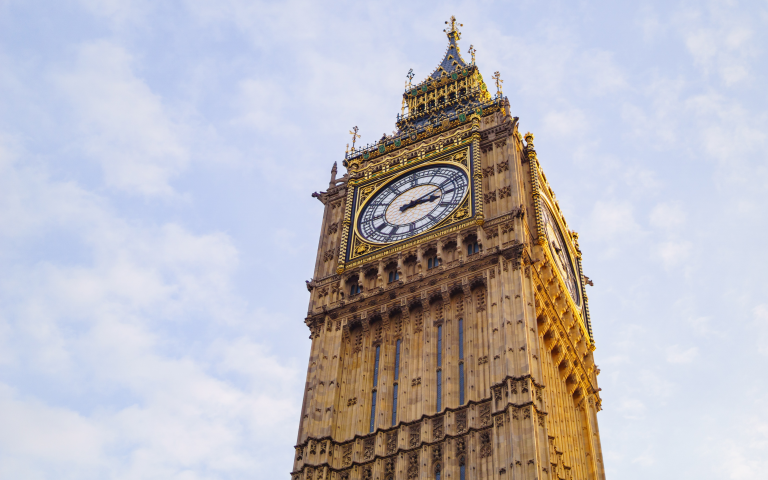IIPP informs House of Lords inquiry into the future of BBC funding
28 March 2022
Professor Mazzucato and colleagues from IIPP provide evidence to the Lords Communications and Digital Select Committee for the “BBC future funding” inquiry.

On the 8th of March 2022 Professor Mazzucato offered oral evidence to the House of Lords Communications and Digital Select Committee, which is currently investigating how the BBC should be valued and funded. Professor Mazzucato due to the landmark report, co-authored with Rowan Conway, Eleonora Maria Mazzoli, Eva Knoll, and Sarah Albala in September 2020 on Creating and measuring dynamic public value at the BBC.
In January 2022, Nadine Dorries, Secretary of State for Digital, Culture, Media and Sport, stated that it was time to “look further into the future” and confirmed that the Government would undertake a review of the overall BBC licence fee model. This inquiry considers how the BBC should be funded to deliver what is needed from a national public service broadcaster.
In her oral evidence session, Professor Mazzucato emphasised that the BBC must be understood not just as a public service broadcaster that fixes market failures, but as a dynamic public sector organisation that shapes and creates new markets. Reimagining the BBC as a market shaper means moving beyond seeing the BBC just as a content provider. Instead, the BBC plays a range of different roles throughout the media and industry ecosystem, including inventor, investor of first resort, innovator, and platform.
Professor Mazzucato, alongside Eleonora Maria Mazzoli and Rowan Conway, submitted written evidence as well. The three authors advanced the following recommendations:
In her closing remarks of the oral evidence session to the Lords Communications and Digital Select Committee, Professor Mazzucato said:
It is important to recognise that money comes and goes, budgets go up and down, but organisations do not. They can take a century to build, and this organisation has taken that long. […] That is really just a warning sign, yet the BBC continues, for now at least, to be incredibly successful. It is reaching over 460 million people globally every week. It is one of Britain’s strongest and best-known brands with soft power serving local, national and global audiences at the same time. That additionality, that multiplicative effect and that catalytic effect are incredibly interesting, but, as we have been saying, it needs to continue doing that. It needs to do more of that and the crowding in, while having debates about public value and public purpose, and holding itself accountable while not just defending itself, or having others defending it.
Click here to read IIPP's written evidence submitted for the "BBC future funding" inquiry.
Further information:
To learn more about IIPP's work with the BBC, please click here
Read the report here
 Close
Close

